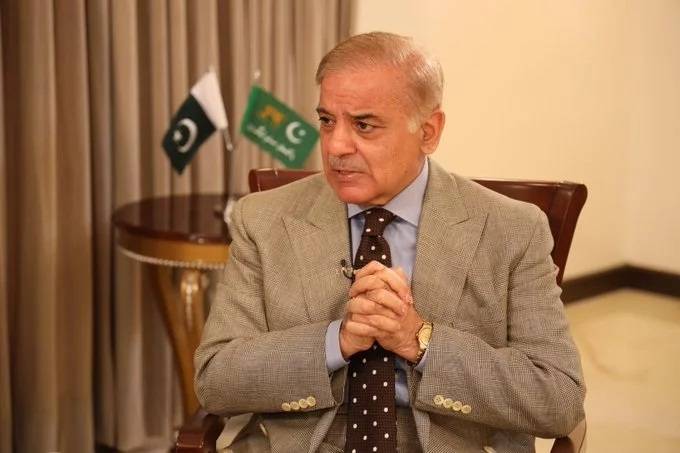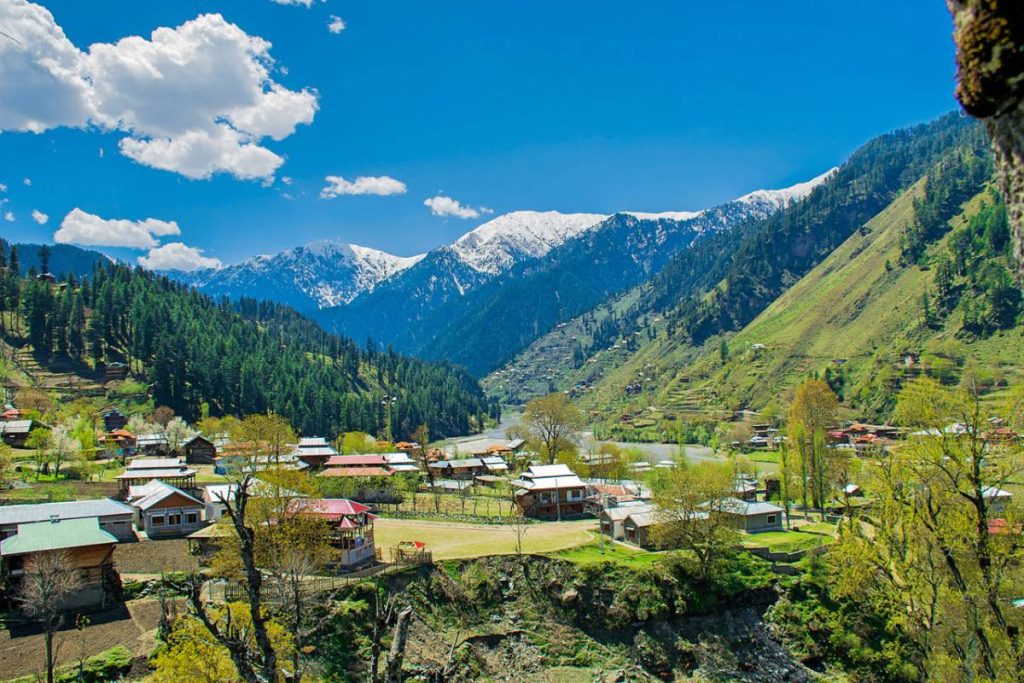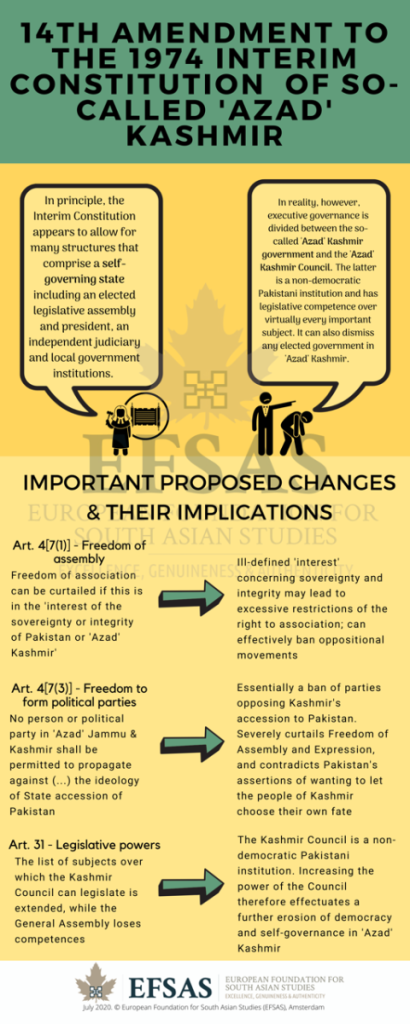The 15th Constitutional Amendment bill has been withdrawn. Islamabad fails its efforts to give provincial status to Azad J&K. The bill, which envisages establishment of a separate election commission for local bodies (LB), was tabled by the government on 13 August 2022 with the backing of the opposition Pakistan People’s Party (PPP) and Pakistan Muslim League-Nawaz (PML-N). The 15th Amendment is the 24th attempt to determine the constitutional status of AJK … A special report by Dr Sakariya Kareem
After much anticipation of attempts by the Pakistan government to pass the 15th Constitutional Amendment bill to the Interim Constitution of Azad Jammu and Kashmir (AJK) the Legislative Assembly decided to withdraw the bill.

While the AJK Assembly remained undecided, the people of the territory illegally occupied by Pakistan in 1947 protested vociferously against the attempt by Islamabad to take away their rights. This amendment is purely related to the procedure of local elections. The bill, which envisages establishment of a separate election commission for local bodies (LB), was tabled by the government on 13 August 2022 with the backing of the opposition Pakistan People’s Party (PPP) and Pakistan Muslim League-Nawaz (PML-N). The 15th Amendment is the 24th attempt to determine the constitutional status of AJK.
The introduction of the bill led to massive protests and public meetings in all the ten districts of Pakistan-occupied Jammu and Kashmir. Protestors strongly objected to the Pakistan government’s plan to bring in the 15th amendment to fix the constitutional status of the region. The new draft rules aimed to roll back the 13th amendment, which had empowered local lawmakers to take major political and economic decisions without the approval of Islamabad. A bandh was called at Muzaffarabad’s Gilani Chowk. All roads in the area were shut. Protests have been ongoing in areas such as Rawalakot, Bagh, Poonch, Muzaffarabad, and Neelum Valley.
The United Kashmir People’s National Party had rejected the proposal, insisting that the real salvation of the oppressed people in the region lies in the establishment of a society free of exploitation. The social and political unrest is so intense that Qamar Zaman Qahira, the Kashmir Affairs advisor to the Pakistani Prime Minister had to physically come to Muzaffarabad to address a press conference and try to pacify an agitated population. According to locals in AJK, there is a disparity between the AJK government and the state of Pakistan. They don’t want financial and administrative powers to be taken away from the local bodies.
AJK has its own President, Prime Minister and official flag. Islamabad controls the region through the Federal Ministry of Kashmir Affairs and an elected body, the Kashmir Council, headed by the Prime Minister of Pakistan. The region is run by ‘lent’ officers. They are called ‘lent officers’ because they are sent by Pakistan to the AJK on deputation to handle various administrative and financial sectors. These officers include the Chief Secretary, Inspector General of Police and Accountant General.
It is therefore significant that local media reports suggest that the proposed draft of the 15th amendment is much more than being related only to LB elections. Reports suggest that the Amendment intends to replace the term ‘State’ with ‘Azad Jammu Kashmir’ and the mention of United Nations’ be replaced with the words ‘subject to recognition’ from the so-called 1974 interim constitution of AJK.
All financial powers will be transferred from the government of AJK to Pakistan with the Prime Minister at the helm of affairs. The proposal also calls for the revival of the Kashmir Council with six members from the AJK legislative assembly and seven from Pakistan. It will include the Prime Minister, Defence and Foreign Ministers of Pakistan and, will be headed by the Prime Minister. The latter will also have the power to directly appoint the Chief Justice, High and Supreme Court judges as well as the Chief Election Commissioner of AJK, which cannot be challenged in the courts. Also under the draft amendment, property worth Rs 80 billion in Pakistan which belongs to AJK will be brought under the Kashmir Property Council and AJK will have no powers over its sale or to preserve it.

The Kashmir Council will have the power to collect taxes and present its own budget. This indicates that the 15th Amendment went far beyond the issue of LB elections.
During the AJK Assembly session (18 August 2022) which lasted for less than 10 minutes before being prorogued by the chair sine die, the house suspended the relevant rule on the suggestion of PM’s Adviser on Information Chaudhry Rafique Nayyar to pave the way for the withdrawal of the bill. It was seen as an attempt to technically frustrate the AJK Election Commission’s announcement to hold LB polls on 28 September 2022 in view of the AJK Supreme Court’s direction to the government to hold the long overdue LB polls by 15 October 2022.
Spelling out the aims and objectives of creating a separate electoral body of LB polls, the AJK government had maintained that the AJK Election Commission had announced the schedule without addressing the issues of corrections in voter lists as well as litigation and complaints regarding delimitation of wards and divisions of revenue villages and town committees. In such a situation, holding of free, fair, impartial, and peaceful elections by it was next to impossible. Therefore, the establishment of a constitutional body for LB elections was imperative. However, since the introduction of the bill in the Assembly, the government had remained in two minds on whether it should give the green light to the amendment bill or adopt some other course.
In June 2018, the 13th amendment had given the AJK Assembly the power to make law and collect taxes, excluding corporate tax, although the power to elect superior court judges in AJK, its Chief Election Commissioner and emergency provisions was left with the Prime Minister of Pakistan. The 41-page 13th Amendment brought changes to over 44 sections, removing the Kashmir Council’s legislative control over administrative and financial matters. This ended up amending nearly two-thirds of the AJK 1974 Interim Constitution. The preamble to the act was also amended and it states that autonomy is the right of the people of the region and such a democratic method is for better governance and the uplifting of the socio-economic conditions of Azad Kashmir.
The background to the current turmoil is that on 1 July 2022, a Joint Secretary in the Ministry of Kashmir Affairs in Islamabad sent a letter to the Chief Secretary of AJK, informing that Prime Minister Shahbaz Sharif had constituted a six-member committee to examine amendments to the AJK Interim Constitution. The letter has asked the AJK government to nominate three members to participate in the deliberations. The letter united the opposition and treasury benches in the AJK Assembly, who vowed to resist any attempt aimed at divesting the liberated territory and its people of rights that they had gained through a landmark constitutional amendment in 2018. The rare consensus was demonstrated by them during a debate on an adjournment motion by PML-N leader and former AJK prime minister Raja Farooq Haider, wherein he took strong exception to the letter from the Ministry of Kashmir Affairs.
The Interim Constitution of 1974 treats AJK as a temporary solution, drawing upon earlier United Nations resolutions and reiterates there that as the legal status of the territories is yet to be determined, they cannot be treated as an integral part of Pakistan. Contrary to these implications, in every other way, Pakistani laws treat the territories as an integral part of Pakistan’s territory, despite all the vagueness of the constitutional, legal regulations but held suspended in a legal limbo when it comes to the citizen rights of the residents. Therefore, a closer scrutiny of the developments in AJK is merited in view of Pakistan’s constant efforts to play one-upmanship with India over Kashmir.


Leave a Reply